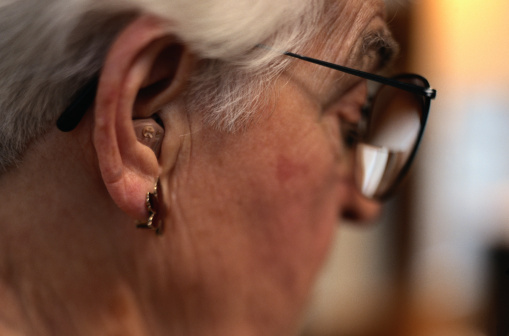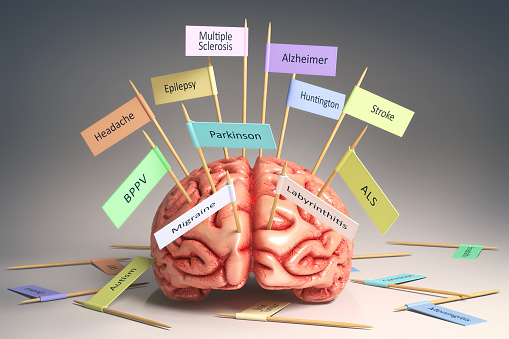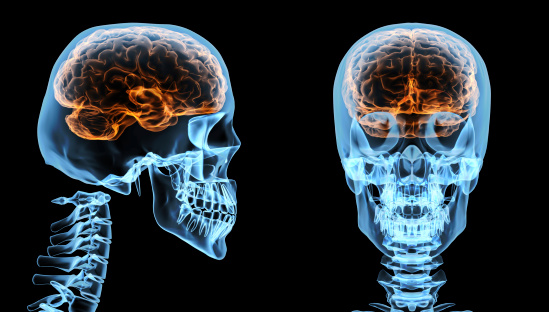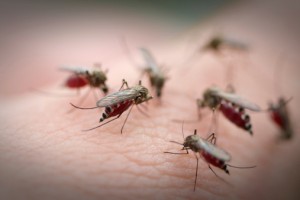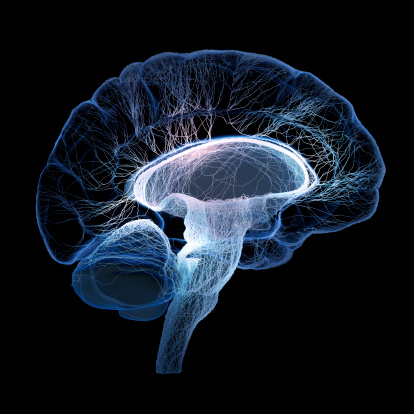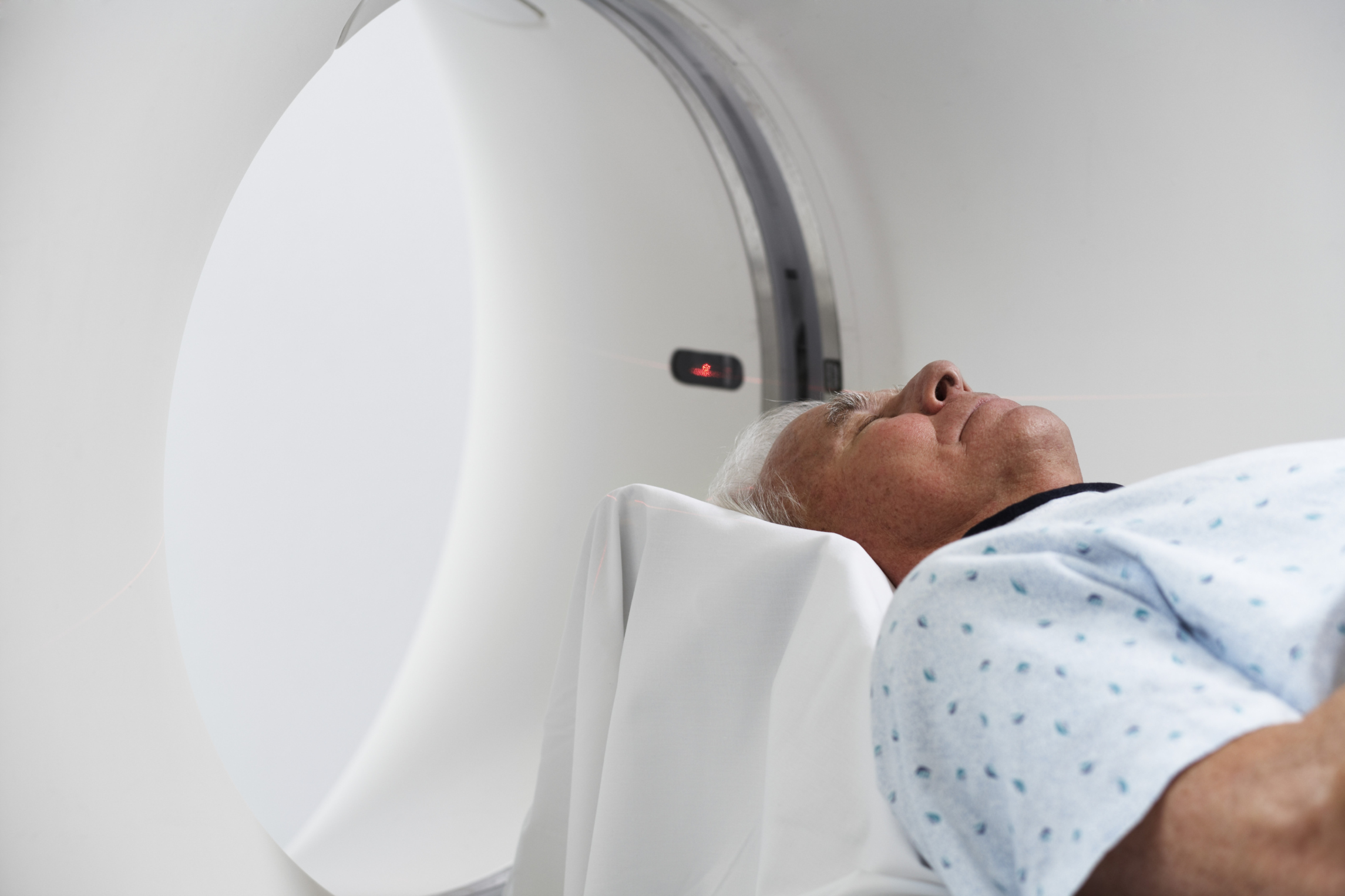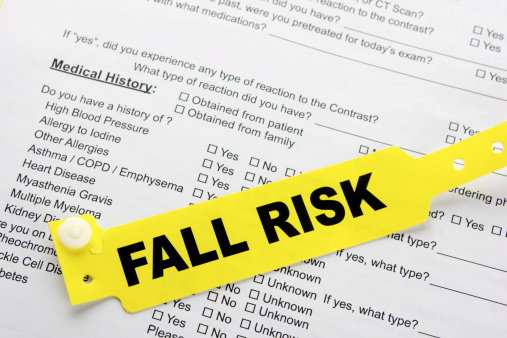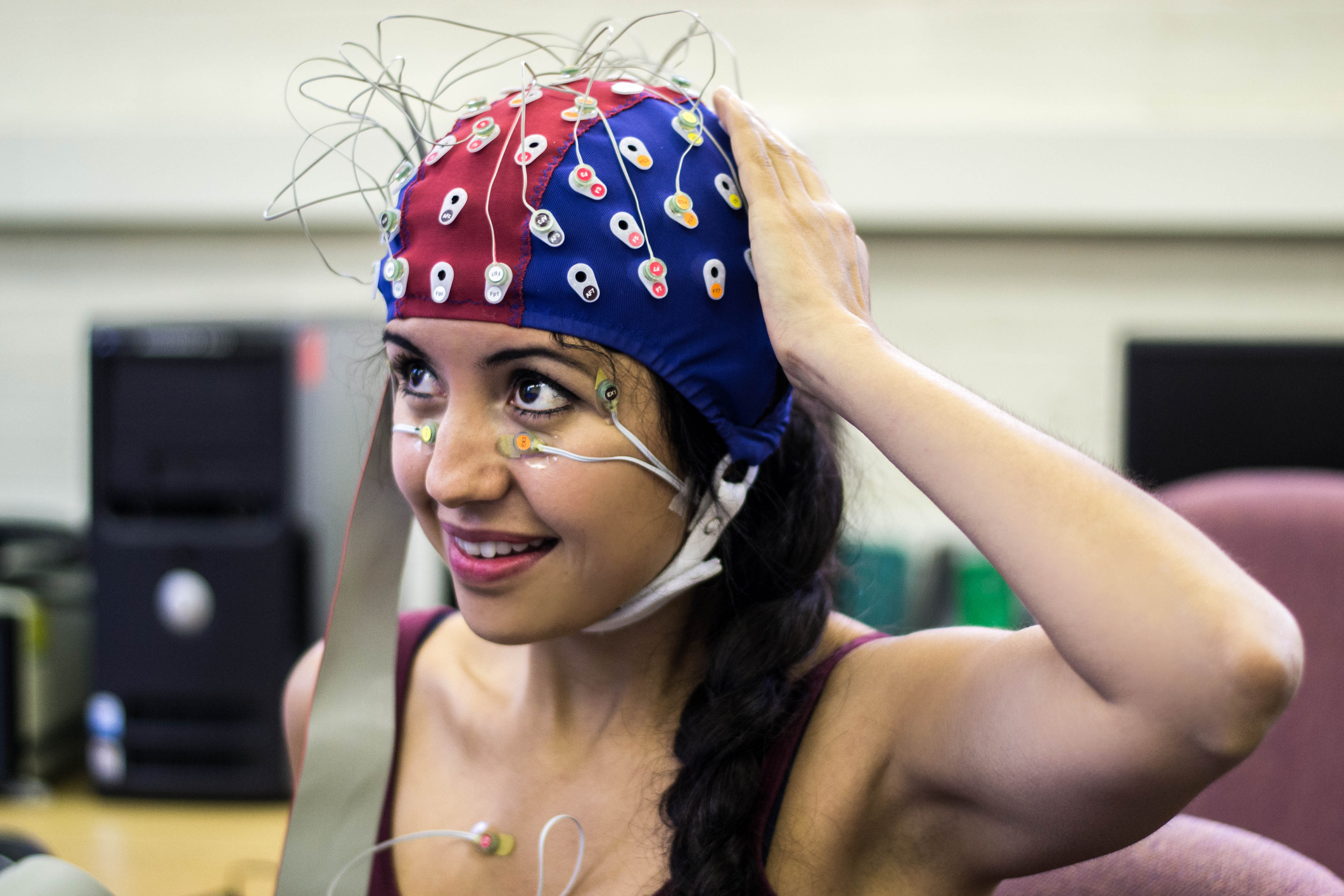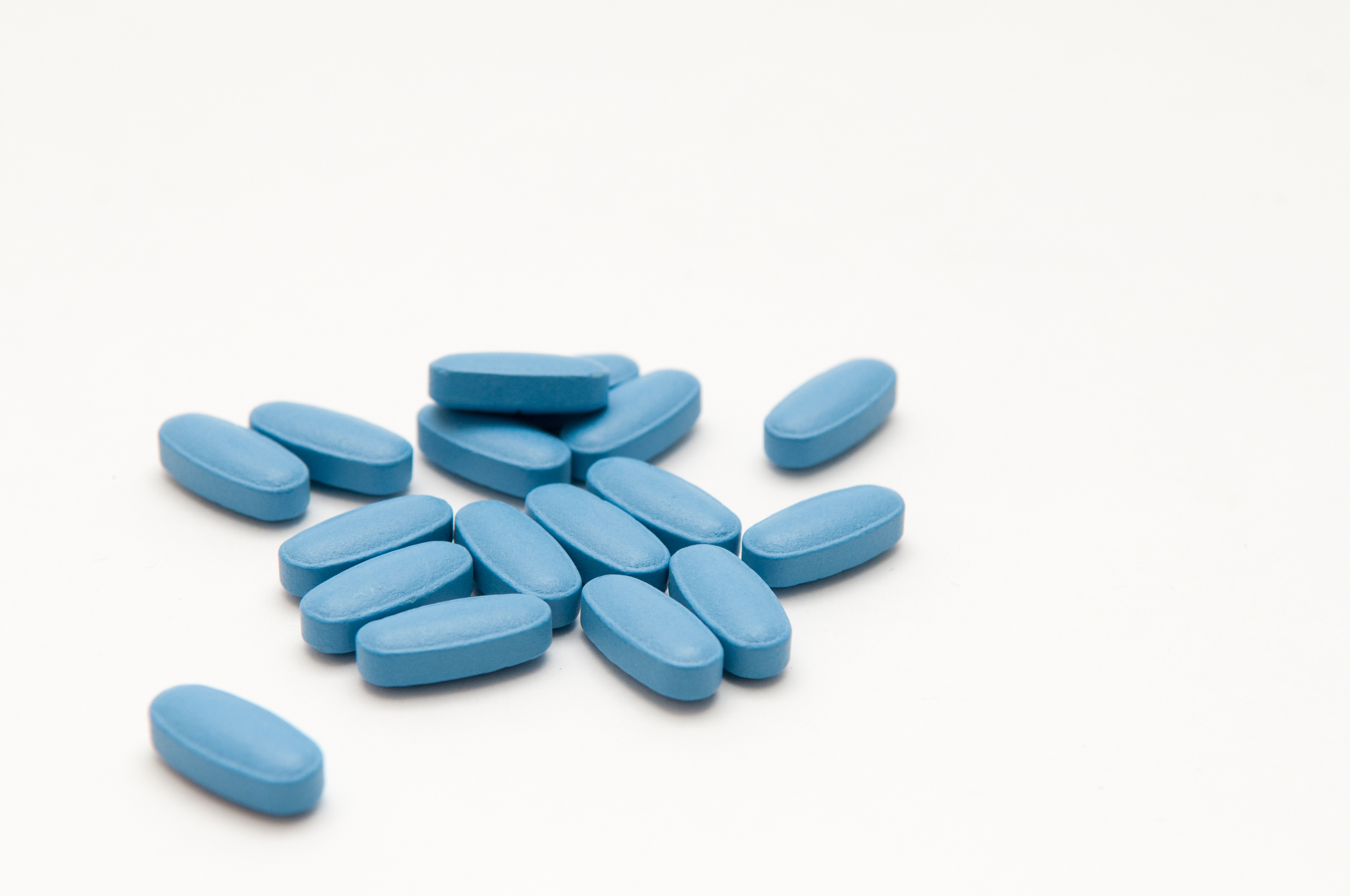Obesity triggers premature aging of the brain
Being overweight or obese has been tied to a number of negative health outcomes already, so it’s of little surprise that the latest findings have uncovered yet another side effect of obesity – it’s bad for your brain. The findings of the study suggest that being overweight or obese can trigger premature aging of the ...click here to read more


